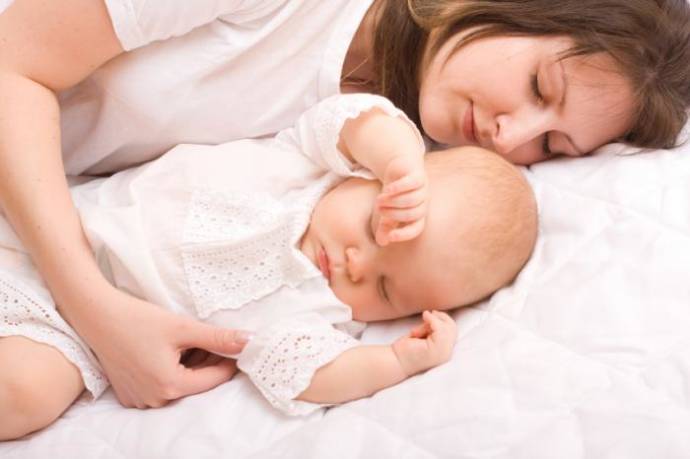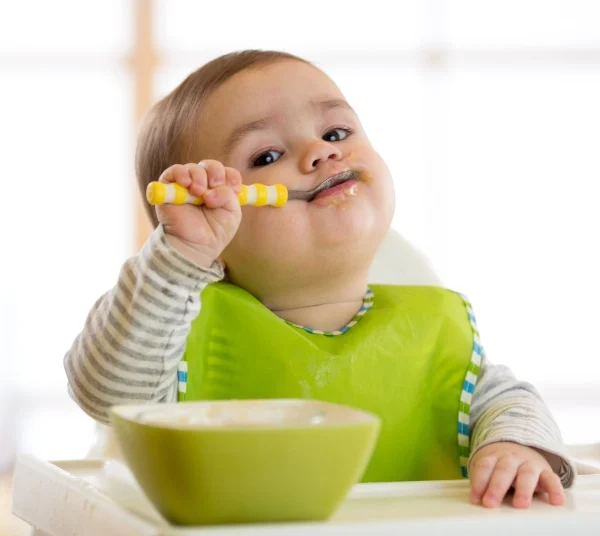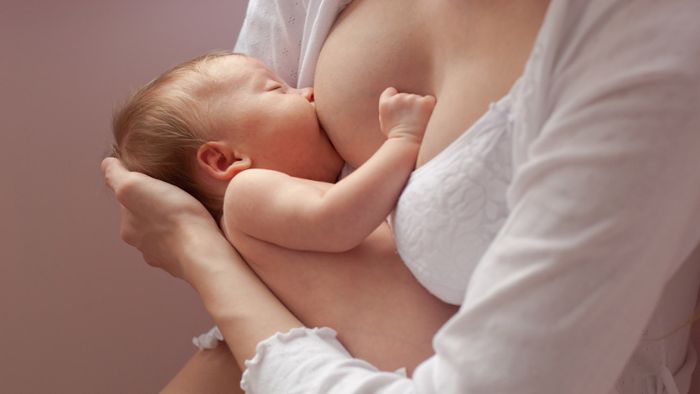Ear infection in babies is quite common. However, it is important that you are aware about the symptoms of this condition and also the right ways to deal with it in order to be able to relief your baby quickly and effectively from this painful condition. This article will address all your common queries and will provide you with all the information that you should have for effectively dealing with ear infection in babies.
How to know if your baby is suffering from an ear infection
Well, this is particularly a crucial point. When it comes to babies it might be really difficult to actually understand that your baby is suffering from an ear infection. The very first sign should be if your baby suddenly turns fussy and irritated. If your baby is running a fever then it is also a good sign indicating that you need to check the ear of the baby for an infection. An ear infection more often than not is accompanied with a fever, showing the immunity of your baby’s body is fighting with the infection.
Some other common symptoms that can help you to tell if your baby is suffering from an ear infection includes,
- The baby pulling or grabbing his or her ears. However, there can be several other reasons or absolutely no reason for your baby to pull or grab his or her ears and you should consider this sign only when it is present along with other symptoms.
- Often ear infection in babies is accompanied with gastrointestinal infections and hence if your baby is having diarrhea or bouts of vomiting all of a sudden there is a reason to check for an ear infection. Reduced appetite is the other common symptom that you can observe in babies with ear infection.
- If your baby is having or just had a cold, flu, or sinus infection, there is high chance that your baby is having an ear infection.
- You might also notice a whitish or yellowish fluid discharge from the ear of the baby which is a sure shot sign of ear infection. However, even if your baby is having ear infection it might not cause any discharge. At the same time if there is a discharge it does not mean that the infection is severe, it only indicates that it needs immediate treatment.
- An unpleasant smell coming out of the ear of the baby is the other clear indication of an ear infection.
- If your child is suddenly having difficulty in sleeping and he or she seems to wake up right after falling asleep due to some uncomfortableness, check out for ear infection. As the uncomfortableness of an ear infection can increase when lying down.
The reason of ear infection in babies
There can be many reasons of an ear infection in babies and the underdeveloped Eustachian tube in babies is the reason that makes them particularly susceptible to this problem. As a child grows, with the growth of the Eustachian tube the problem automatically dissolves to a great extent on its own. An ear infection can be caused by virus or bacteria when it infects the fluid buildup behind the eardrum of the baby.
In adults, when any fluid enters this area, it is automatically drained quickly through the Eustachian tube, which releases the fluid from the middle ear into the back of the nose or throat. When the Eustachian tube is blocked, which is quite common during colds or allergies or a sinus infection, the fluid is entrapped into the middle ear. This fluid is infected by a pathogen resulting into inflammation behind the ears and pain.
The chance of fluid getting entrapped into the middle ear is much higher in babies compared to adults because the Eustachian tube in babies is short and horizontal. As the baby grows the tube gets longer and more vertical which naturally makes the fluid drainage process more efficient reducing the chance of getting an ear infection.
How to avoid ear infection in babies
Prevention is always better than cure; hence trying to avoid ear infection in your baby is surely the best way to deal with the problem. To avoid ear infection in babies, doctors suggest that you should keep the vaccinations updated. Breast feeding the baby for at least the first 6 months of his life can also be helpful to keep him away from this infection by ensuring a better immunity. Studies have also shown that tobacco smoke can increase the chance of getting an ear infection in babies. So, keep him away from it at any cost.
Apart from the above, making sure that fluid does not get into the ears of your baby while bathing or feeding or cleaning can be really helpful to avoid frequent ear infections. While giving him a head bath take extra precautions to cover his ears. Also clean any water that might have entered into the ears of the baby immediately after a head bath. Make sure that you or your baby does not touch the ears with dirty hands. Use only fresh cotton birds of best quality for cleaning the ears of the baby.
When to see a doctor for an ear infection
In most of the cases, ear infection in babies clear up on their own within a few days. However, in severe cases it might need proper treatment. Commonly, doctors suggest a wait and see approach for ear infection in babies. However, if the uncomfortableness in the baby seems to have increased or if there is no significant improvement in the condition after 2-3 days, the doctor might suggest a course of antibiotic.
For babies older than 6 months and suffering from an ear infection doctors often suggest medication for relieving the pain instead of an antibiotic. However, if your baby’s condition does not improve within 48 to 72 hours after having medication or without medication, in both the cases you should get to your doctor without delay.
Are ear infections in babies serious?
Well, common ear infections in babies are not usually serious. It is often a common problem in babies that is sorted out automatically by the natural immunity of the baby. However, there are cases when the infection might be serious or your baby’s immunity might not be yet strong enough to sort out the problem automatically. In both the cases it is really important that your baby gets medical attention at the earliest. So, if your baby’s ear infection does not seem to improve within 2 days, visit a doctor.





